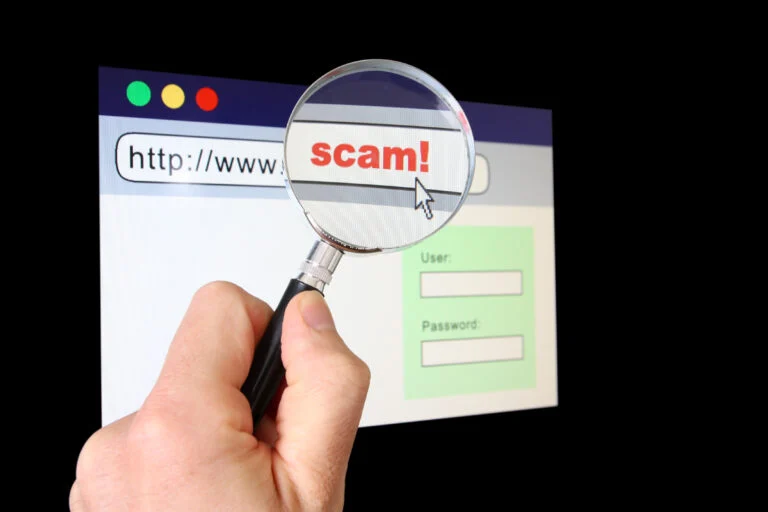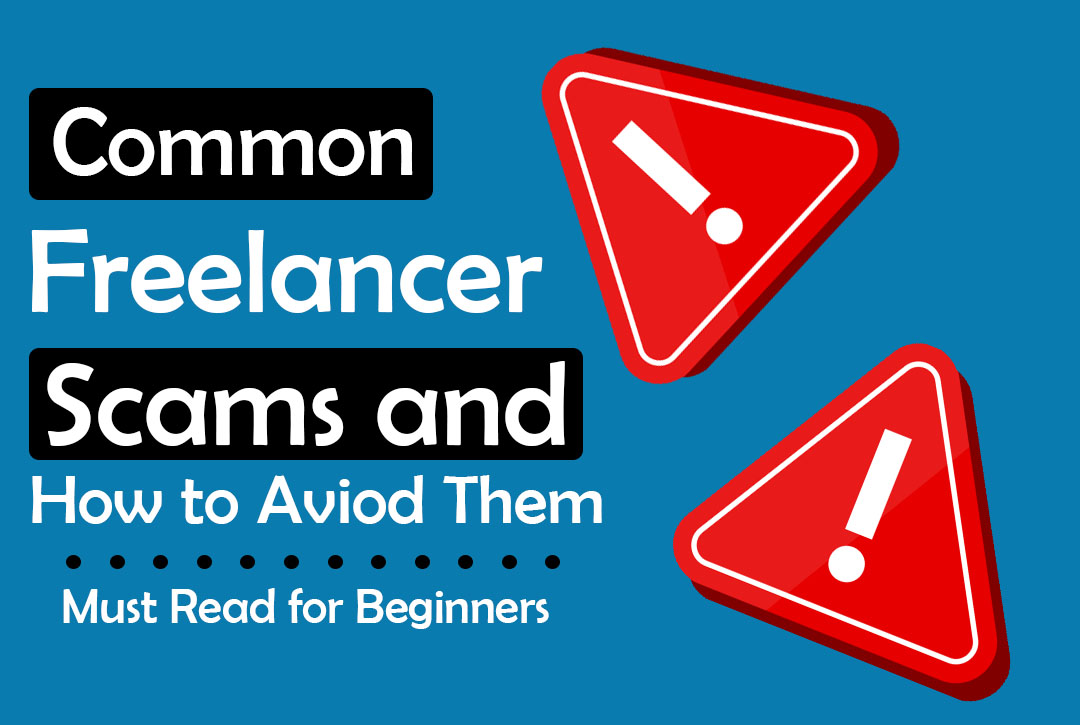Outline
Presentation
The “Too suitable to be authentic” process offer
Requests for premature bills or “safety costs”
Test Scams
Faux activity Postings on reputable platforms
Identity Robbery Scams
“Exposure” Jobs
Ghosting after delivery
Phishing and Malware hyperlinks
Tips to live safe as a Freelancer
Ending
Freelancing Scams to keep away from: how to protect yourself online
Presentation
The digital age has delivered great flexibility to our work lives, with freelancing becoming a mainstream profession alternative for tens of millions globally. Remote work is flourishing, from writers and architects to developers and virtual assistants. But with the advantages come dangers—mainly in the shape of scams concentrated on unsuspecting freelancers. Whether or not or not you’re new to freelancing or a pro, it’s important to recognize and avoid commonplace Freelance scams. Right here’s a manual that will help you live safe and savvy.

The “Too suitable to be authentic” process offer
Let’s begin with one of the most unusual purple flags: a proposal that seems like winning the lottery. Assume excessive pay for minimum work, vague activity descriptions, or customers who hire you immediately without a whole lot of dialogue. Those are traditional symptoms of a rip-off.
The way to avoid it: Always ask questions. Legitimate clients will welcome your inquiries and provide clean undertaking information. Be cautious of gives with immoderate urgency or guarantees of massive payouts with little effort.
Requests for premature bills or “safety costs”
No legitimate patron has ever asked you to pay cash to begin working for them. Some scammers pose as faux companies requesting heritage take a look at charges, software purchases, or get entry to prices earlier than sending work. As soon as paid, they disappear. Freelance scams
A way to keep away from it: In no way pay to get a task. If the client insists, stroll away. Professional freelance systems and customer’s receiver’s rate freelancers to start work.
Test Scams
This one is sneaky. A patron gives to overpay you through take a look at (or bank transfer) and asks you to ship the difference returned or use it to buy equipment. The unique test later bounces, and also you’re disregarded of pocket.
The way to avoid it: Keep away from accepting checks, especially from new or unverified clients. Stick to at-ease charge strategies like PayPal, smart, or direct deposits through trusted systems.
Faux activity Postings on reputable platforms
Even top freelancing systems like Upwork or Fiverr aren’t immune to scams. Fraudsters every so often publish actual-searching jobs and request you to speak off-platform, frequently main to phishing attempts or malware.
How to keep away from it: Hold a conversation at the platform until you build trust. If a client asks to move to Telegram, WhatsApp, or e-mail straight away, be cautious. Structures provide dispute resolution only when dealings continue to be on-website online.
Identity Robbery Scams
Some “customers” ask for private files under the guise of desiring to install payroll or affirm your identification. This can consist of your identity, bank info, or even Social safety quantity—records they use to devote fraud. Freelance scams
A way to avoid it: By no means should you touch personal documents until you’re sure of the consumer’s legitimacy. Use structures that offer comfortable identity verification processes instead of delivering personal info immediately.
“Exposure” Jobs
The promise of “brilliant exposure” as opposed to real pay is not technically unlawful, however, it’s a scam in spirit. You may get requested to write articles, design emblems, or code apps free with indistinct promises of future paintings or portfolio price.
How to keep away from it: Understand your well worth. Exposure doesn’t pay the payments. It’s ok to do loose work when volunteering or building a personal assignment—however, no longer for groups that ought to be paying.
Ghosting after delivery
A purchaser gives you a mission; you deliver it, and then… radio silence. No remarks, no price, no response. It’s a painful rip-off many freelancers have confronted.
The way to avoid it: Usually, use milestone payments or deposits, mainly for brand-new customers. Request at least partial fee prematurely or use escrow services available on systems like Upwork or Freelancer.
Phishing and Malware hyperlinks
Scammers may also ship you documents to “evaluation” or ask you to visit links with embedded malware. After you open them, your tool may be compromised, or worse—your records stolen. Freelance scams
The way to keep away from it: Use antivirus software and never open suspicious files or hyperlinks. Ask customers to ship documents through trusted assets like Google pressure or Dropbox, and always test before establishing.
Tips to live safe as a Freelancer
- Verify clients: A quick Google or LinkedIn search can display plenty. Look for customer opinions or presence on trusted systems.
- Use secure Contracts: For off-platform paintings, use legally binding contracts with clean phrases, deadlines, and payment structures.
- Agree with your intestine: If something feels off, it in all likelihood is. Instinct is a powerful tool—don’t forget about red flags.
- Keep statistics: shop emails, chats, invoices, and all work-related communication. It’s useful if you ever need to show your facet of your story.

Ending
Freelancing gives freedom and possibility; however, it additionally calls for vigilance. As scams emerge as greater sophisticated, staying informed is your first-class defense. Analyze others’ reviews, hold your limitations company, and prioritize professionalism in every interplay. Freelance scams
A hit freelance career isn’t just about expertise—it’s additionally approximately shielding you in a digital world full of both promise and pitfalls. Live sharp, live safe, and keep thriving.
FAQs
Q:1. What are the most commonplace freelancing scams?
A: Common scams encompass requests for upfront bills, faux job offers, overpayment test scams, identification theft, and clients who disappear after receiving the work.
Q:2. How can i tell if a contract process offer is respectable?
A: Official gives have clear job descriptions, reasonable pay, and don’t ask for cash or private files. Studies the patron and preserve communication on relied on systems.
Q:3. Must I ever pay to get a contract activity?
A: No. You need to by no means pay expenses, deposits, or buy software upfront for a freelance task. Valid clients pay you, not the alternative manner round.
Q:4. How do I protect myself from freelance scams?
A: Use trusted platforms, request prematurely or milestone bills, affirm customers, avoid off-platform conversation early on, and by no means proportion touchy private data.
Q:5. What should I do if I’ve been scammed as a freelancer?
A: Prevent communication right now, document the rip-off to the platform or government, and relax your debts. If feasible, warn others to save you in addition sufferers.




